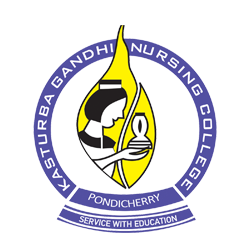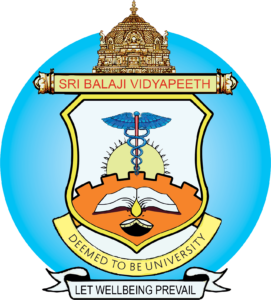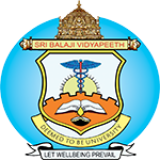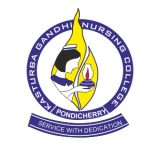committee
CURRICULUM COMMITTEE
BACKGROUND
The Curriculum committee designs the curriculum based on recent trends and societal needs. It is responsible for developing the academic calendar, conduction of Board of studies, revision of curriculum based on Board of studies’ suggestions for various programmes run in the institution.
OBJECTIVES
- To review programmes and courses in a systematic manner on a regular basis.
- To ensure whether curricula is current and relevant to the programmes.
- To initiate new academic courses and programmes.
- To bring about innovations in teaching, learning and evaluation.
- To address issues and challenges in relation to teaching and learning.
- To monitor and initiate measures to enhance academic quality.
- To schedule Board of studies meet for revision of syllabi as per university norms.
- To establish a system of function in college by scheduled responsibilities to all the departments, adhere to the schedule as planned in the annual meeting, planning the academic calendar according to the needs of the students, in terms of curricular, co-curricular, extracurricular activities, and to plan the activities based on the needs of the student’s society.
FUNCTIONS
- Design the curriculum based on recent trends and societal needs.
- Ensure that the syllabus of all programs comply with the guidelines of the Indian Nursing Council.
- Recommend programme changes and revisions for approval by the Board of Studies.
- Initiate and develop proposals for new programmes and get it approved during the Academic Council meeting.
- Provide a forum for innovation in teaching learning and evaluation.
- Ensure that faculty members are provided with development opportunities.
- Acquaint the faculty and students with modern technology.
- Develop and implement regular ongoing evaluation and quality improvement process for better student outcome.
- Review the progress of the student on regular basis and communicate to the parents.
- Conduct meetings regularly and responds to issues and opportunities related to curricula and learning pathways.
- Schedule commemoration of vital days.
- Monitoring the execution of the academic plan.
- Improving the standard of care through quality assurance programme.
- Improving the knowledge, skill and attitude through IQAC activities.
RESOLUTIONS
- The members of the Curriculum committee have resolved to follow the syllabus prescribed as per the Indian Nursing Council. This resolution came into amendment after obtaining approval from the Academic Council Meeting held on 6th August 2014.
- To include department-wise workshops/symposium /conference in the academic calendar.
INNOVATIONS AND BEST PRACTICES RELATED TO TEACHING, LEARNING AND EVALUATION
KGNC strives for quality improvement and ensures the academic standards. In view of this, the college has taken great initiatives in launching novel methods for teaching and learning and in response to the societal and students’ needs.
INNOVATIVE TEACHING METHODS ADOPTED IN CLASS ROOM SETTING
- Concept Mapping
- Fishbone Technique
- Brainstorming
- Group Discussion
- Mind mapping technique
CLINICAL SETTING
- Group Discussion
- Nursing Conference
COMMUNITY SETTING
Field Trips
INNOVATION IN THE METHOD OF EVALUATION
- Modified evaluation format for undergraduate and post-graduates has been introduced which is unique and has not been followed elsewhere in any other nursing institution.
- The criteria used for evaluation and newly introduced ones are clinical reasoning, differential diagnosis, tray setting, spotters, problems solving approach, etc.
- This evaluation tool is well appreciated by examiners who came as externals and also by students who find it interesting and challenging which has ultimately improved the quality and standards of delivering patient care.
BEST PRACTICES
- E-learning modules.
- Learning Management systems (E-assignments & evaluation).
- Google Academic calendar for faculty members.
- Remedial classes for slow learners.
- Need based learning (BLS Training, yoga therapy education,palliative care,transgender care).




